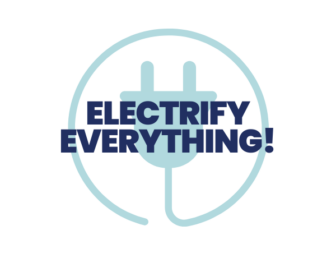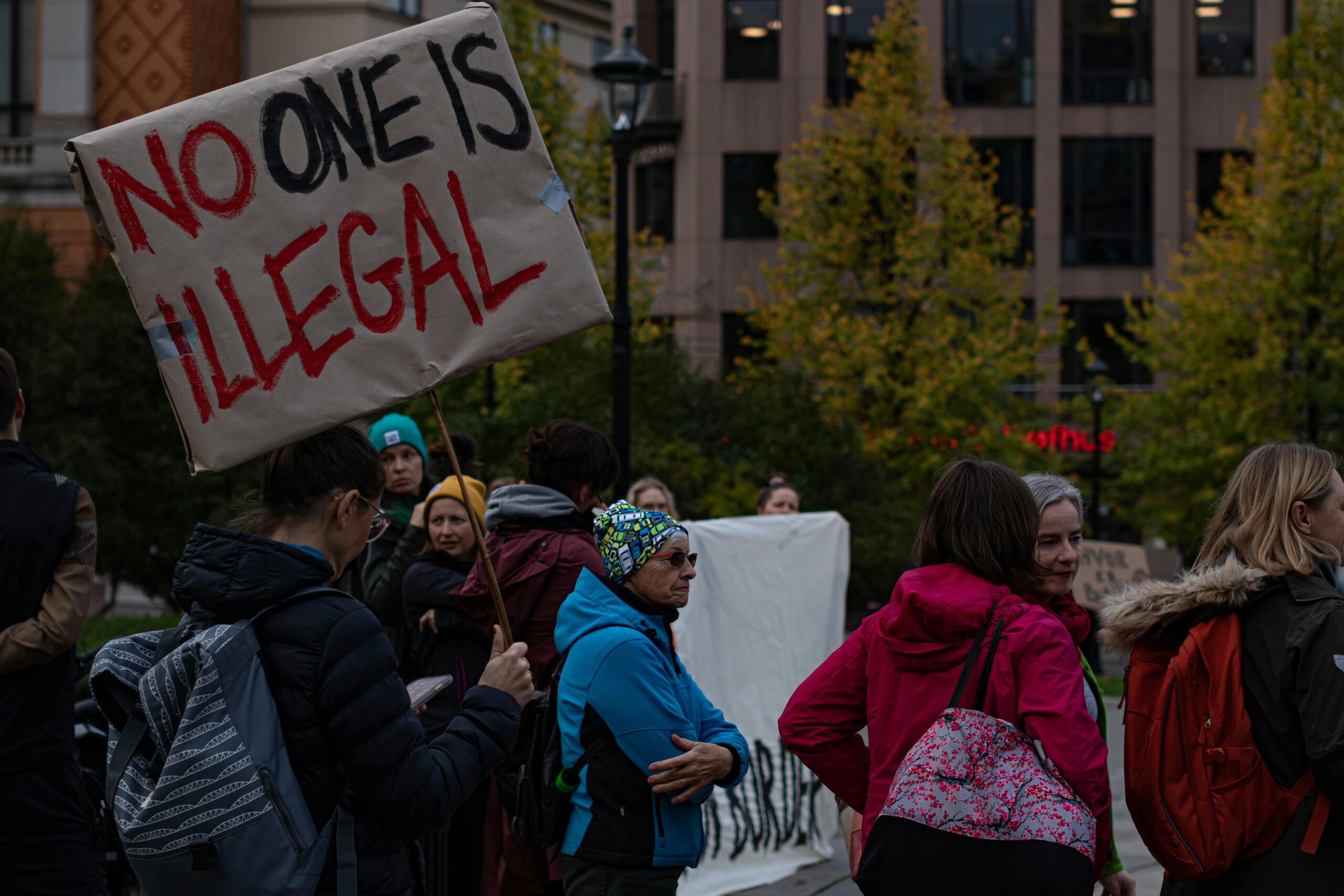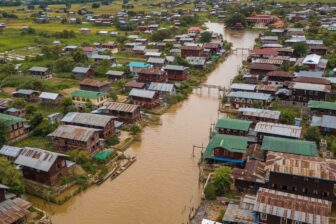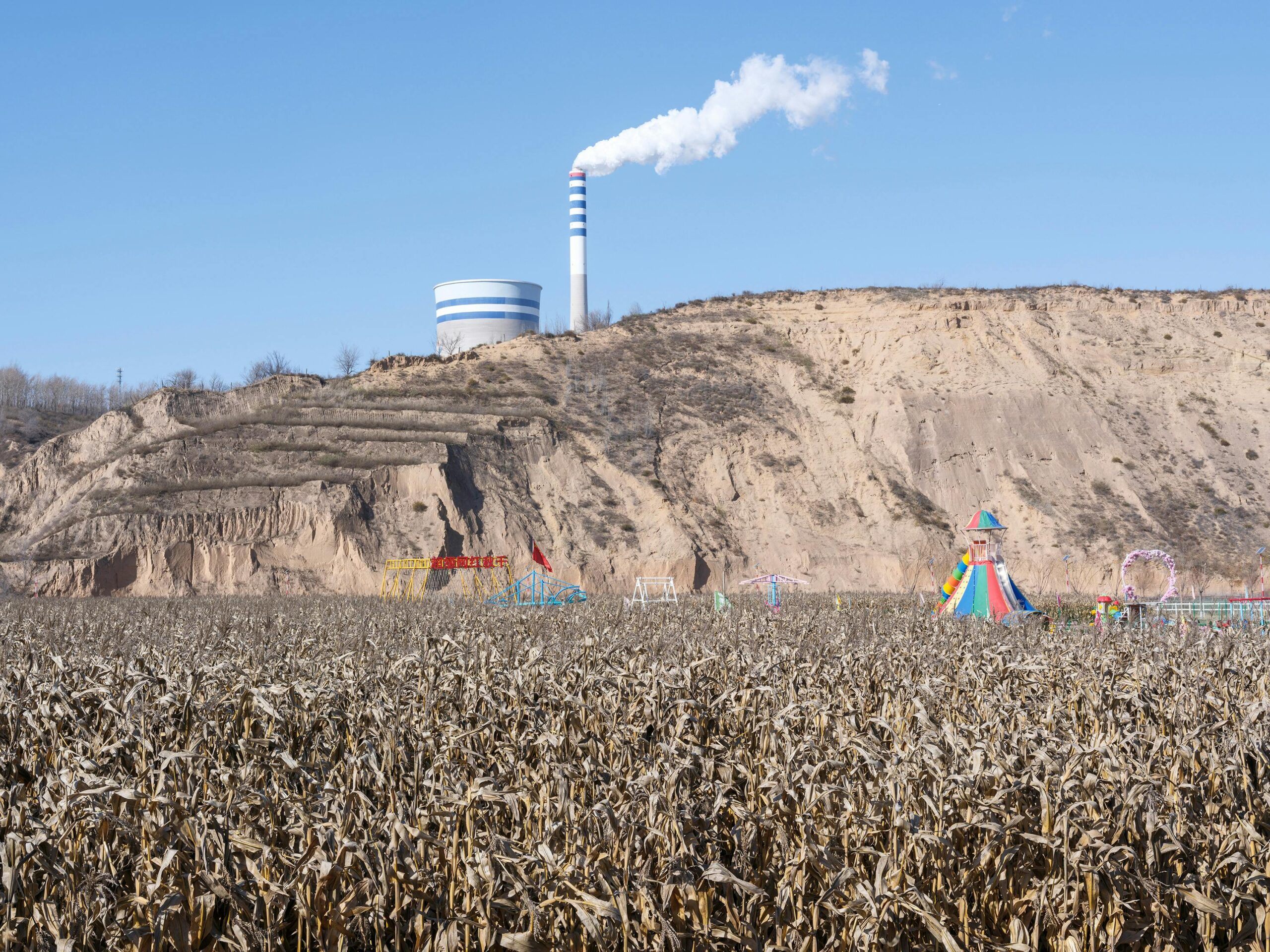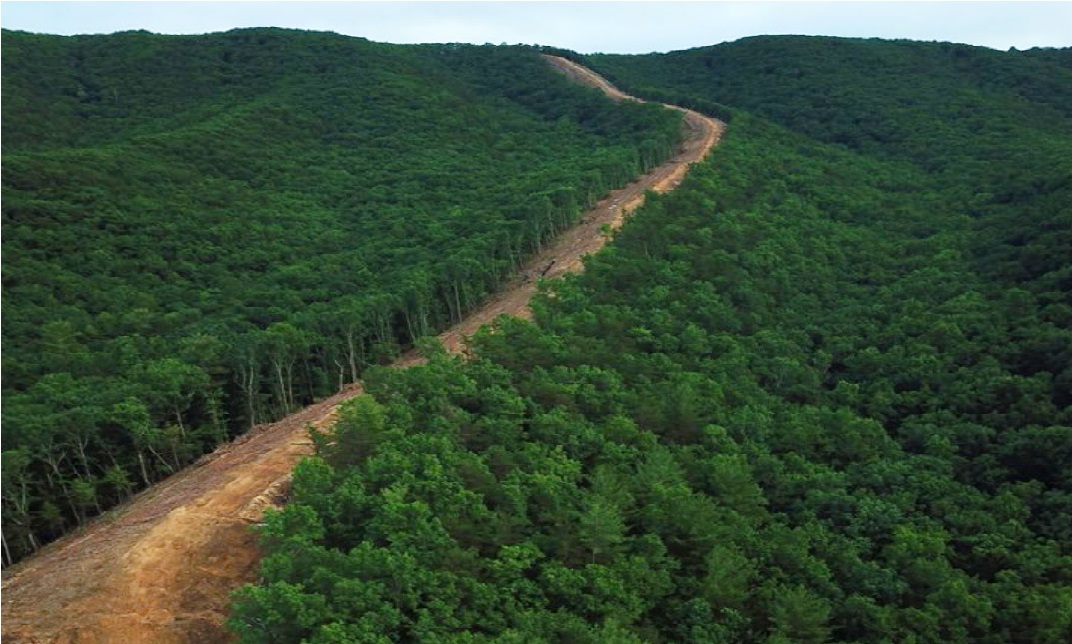Documents Suggest Dominion Plans to Run Chesterfield Power Plant Far More Than “Peaker” Status Would Imply
Proposal Aligns with Youngkin Energy Plan, Undercutting VA Climate Goals
RICHMOND, VA—Dominion Energy recently submitted an air pollution permit application for its proposed “Chesterfield Energy Reliability Center” (CERC) that includes information suggesting it would generate far more emissions than its supposed “peaker plant” status would suggest. Environmental groups say that the company is taking advantage of Virginia Governor Glenn Youngkin’s Energy Plan in order to build unnecessary new fossil-fuel infrastructure that will burden ratepayers for years and contribute to the escalating climate crisis.
Dominion Energy’s proposed plant would build four new gas generators totaling 1,000 MW of nameplate capacity, even as they are beholden to state law that mandates a move to 100% clean electricity. The company claims that it will be necessary as the state transitions to renewable energy, repeatedly referring to the project as a “peaker” plant.
Yet this may be a misnomer. Peaker plants are commonly defined as power plants that run less than 10% of the time. They are intended to turn on and off quickly to meet spikes in electricity demand. Yet Dominion’s permit calls for plans to operate each of the four turbines for 3240 hours — which is the equivalent of 135 full 24-hour days, or 37% of the year.
The Youngkin Administration’s Department of Environmental Quality will report on the Chesterfield plant to the Virginia Air Pollution Control Board on September 13.
“The proposal for this plant makes clear that Dominion has thrown their weight behind Governor Youngkin’s regressive energy plan, and they have intentionally or unintentionally misled the communities closest to the pollution,” said Victoria Higgins, Virginia Director of the Chesapeake Climate Action Network. “The Chesterfield plant is nothing more than an excuse to build another expensive capital-intensive fossil fuel project. Dominion’s ratepayers, who will be on the hook for this project, deserve the truth about this massive polluter.”
Governor Youngkin is also continuing forward on his agenda to illegally remove Virginia from the Regional Greenhouse Gas Initiative, a highly popular program to reduce climate pollution and fund climate adaptation. Youngkin’s move was approved by the Air Board earlier this year.
The proposed pollution output will be 2,213,100 tons of CO2 equivalent, a full 13% increase in Dominion’s total emissions in its entire service territory—including North Carolina. Such a plan is in line with Governor Youngkin’s backwards Energy Plan for Virginia at the same time as it undercuts President Biden’s national climate goals of reducing greenhouse gasses 50% by 2030.
“This community has endured close to 80 years of air and water pollution associated with Dominion’s recently retired coal plant,” said Nicole Martin, President of the Chesterfield NAACP. “They don’t deserve to be burdened with another polluting fossil fuel power plant in their backyard when alternatives exist.”
“We just experienced the hottest summer in human history, and Dominion Energy is proposing to double its climate pollution over the next 25 years,” said Glen Besa, a resident of Chesterfield County. “This methane gas power plant is Dominion’s down payment on an investment in climate chaos. Dominion Energy’s CEO, Bob Blue, is clearly putting greed and short term corporate profits over the well being of our children, of future generations.”
The key section, from the Project Emissions Summary of the permit application (page 3-1):
Potential emissions for the SCCTs [Simple-Cycle Combustion Turbine] are presented for each annual operating scenario based on each SCCT operating for 3,240 hours per year of normal operation including 750 hours per year firing fuel oil. The SCCTs will be equipped with SCR and oxidation catalyst to control NOx, CO, and VOC emissions. Additionally, potential emissions include emissions based on each SCCT operating for 500 SUSD events which equates to an additional 1,500 hr/yr of operation for all four SCCTs during SUSD events.
Implementation of the Inflation Reduction Act (IRA) is a cornerstone of Biden’s climate strategy, which is designed to reduce greenhouse gas emissions 40% by 2030 through investments into renewable energy technologies, comprising the majority of his climate goals. In fact, the IRA provides a new tax credit for stand-alone battery storage, which, when paired with utility-scale wind and solar, leads to electricity 2.5 times less expensive than that provided by “best case” peaker plant.
The Chesterfield Gas Plant proposal not only flies in the face of Biden’s climate objectives but also contradicts the trajectory of progress needed to combat climate change effectively. This plant is emblematic of Governor Youngkin’s misguided pro-fossil fuel energy policies, which appear to have been crafted to cater to a national Republican base but are out of step with Virginia voters, who are calling for climate solutions. Polling shows an overwhelming majority of Virginia voters support staying in the Regional Greenhouse Gas Initiative, including a plurality of Republicans. Governor Youngkin has attempted to pull the state out of the program, a move that is currently being challenged in court.
Contact:
Victoria Higgins, Virginia Director, victoria@
KC Chartrand, Communications Director, kc@



